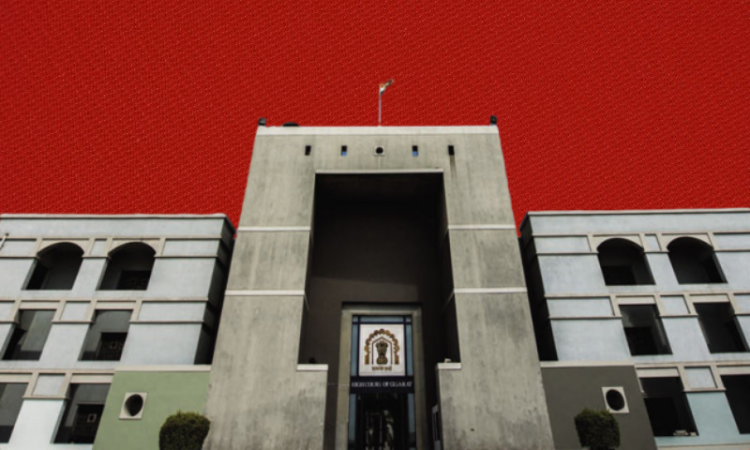GST Payable Only On The Cost of Construction and Not On The Cost Of Land: Gujarat High Court
Mariya Paliwala
6 Jun 2023 11:49 AM IST

Next Story
6 Jun 2023 11:49 AM IST
The Gujarat High Court, while giving major relief to the buyers, has held that GST is payable only on the cost of construction and not on the cost of land.The bench of Justice J.B. Pardiwala and Justice Nisha M. Thakore has observed that in the sale of a flat, villa, or commercial property, the actual land value or undivided share is not at all subject to GST. The value of the land or...
